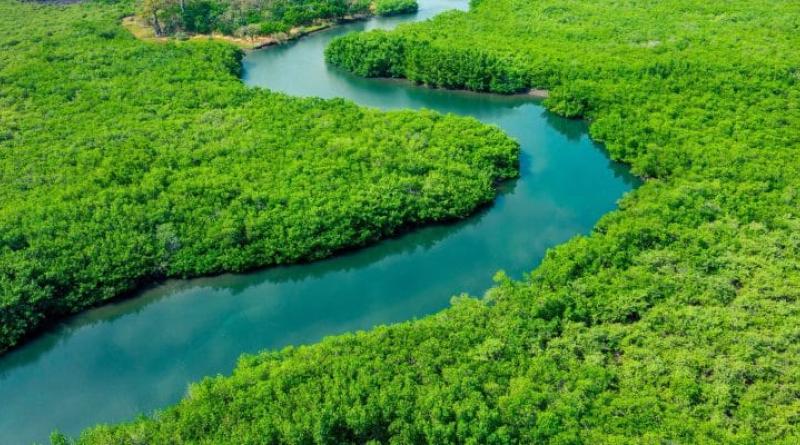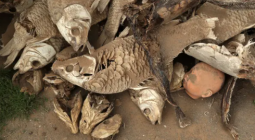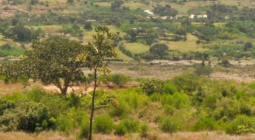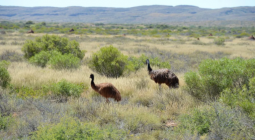Decision-makers and national experts are exchanging information on the state of ecosystems in Africa and the usefulness of measurement and evaluation tools to preserve and restore them. This is the subject of a five-day workshop that opened on 19 September 2022 in Ouagadougou, Burkina Faso. The initiative, financed by the French Development Agency (AFD), aims to set up a data exchange network to safeguard ecosystems.
The presentation of a regional platform for the dissemination of ecosystem accounting in Africa is at the heart of the meeting which opened on 19 September 2022 in Ouagadougou, Burkina Faso. The platform project, which is scheduled to be implemented over four years and completed in 2023, is intended to be a key element in the preservation of Africa’s natural ecosystems.
The project aims to provide Burkina Faso, Guinea, Morocco, Niger, Senegal and Tunisia with their own autonomous operational mechanisms for ecosystem-based accounting of natural capital. “This will enable them to rapidly develop an initial ecosystem-based accounting of their natural capital in order to identify its evolution. This will make it possible to promote development that is both dynamic and sustainable in order to leave a healthy environment and fight poverty as a priority,” explains Maminata Traoré, Burkina Faso’s Minister of the Environment.
The Ouagadougou meeting
The implementation activities of the African Data Exchange Network for Ecosystem Conservation have been led since 2020 by the Sahara and Sahel Observatory (OSS). It is an international organisation with an African vocation based in Tunisia. Its members include 26 African countries, 7 other countries, 13 organisations and 3 non-governmental organisations (NGOs).
The Ouagadougou workshop, the second of its kind, was co-organised by the Burkinabe government and the OSS, with funding from the French Development Agency (AFD). The aim of this work is to validate the results of continental biophysical accounts by all stakeholders. The aim is to discuss and establish the methodologies and types of data required to produce these accounts in order to launch processing at national level.
Read also-AFRICA: IUCN presents Red List of river and lake ecosystems
Boris Ngounou






